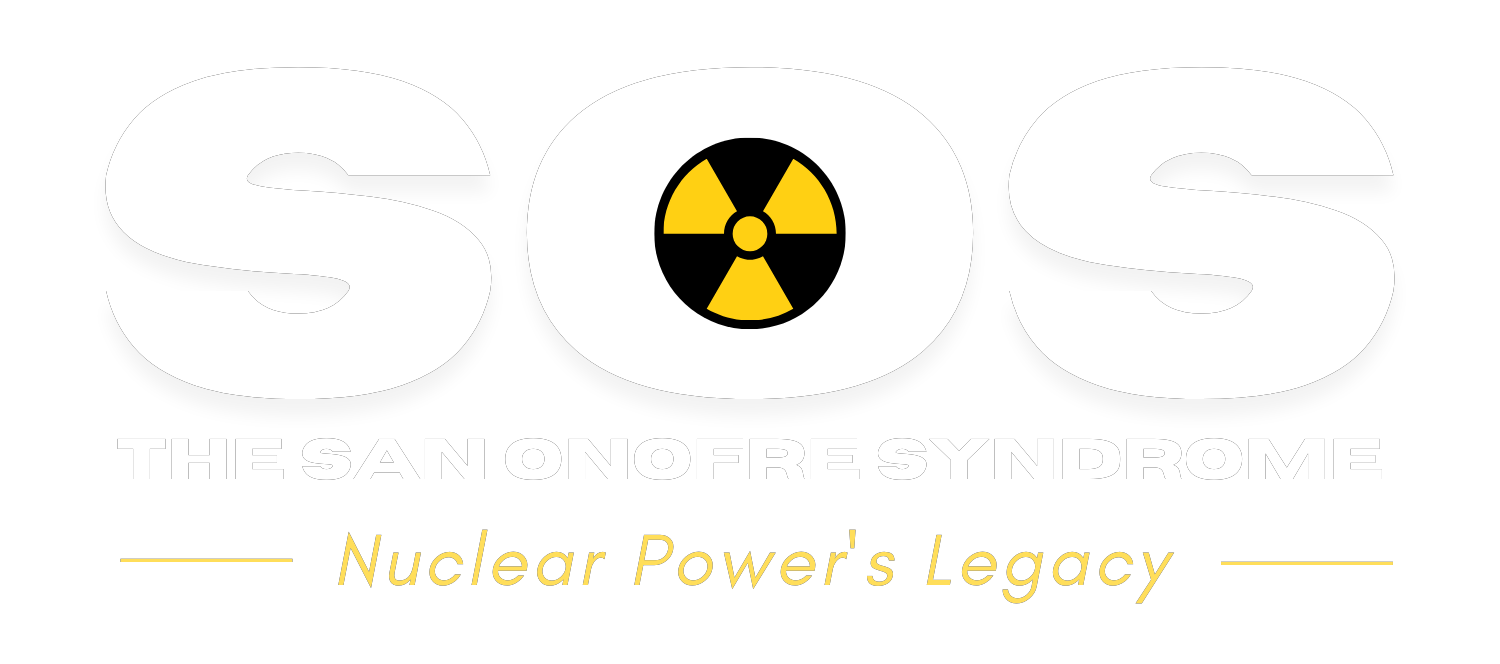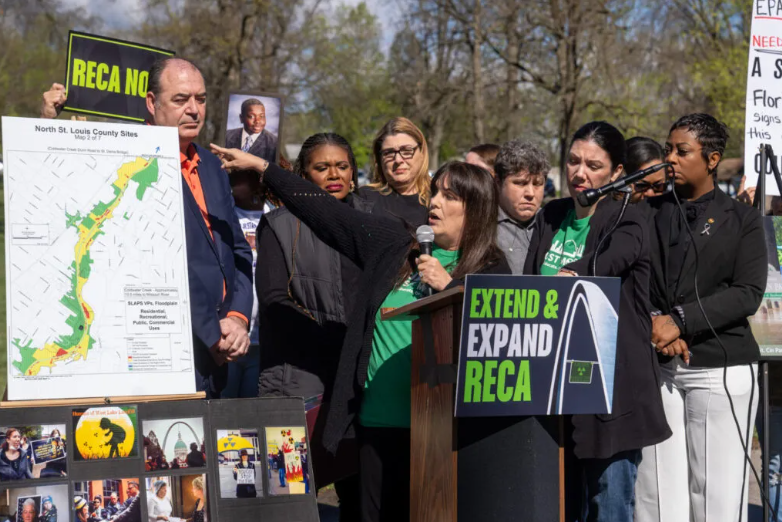
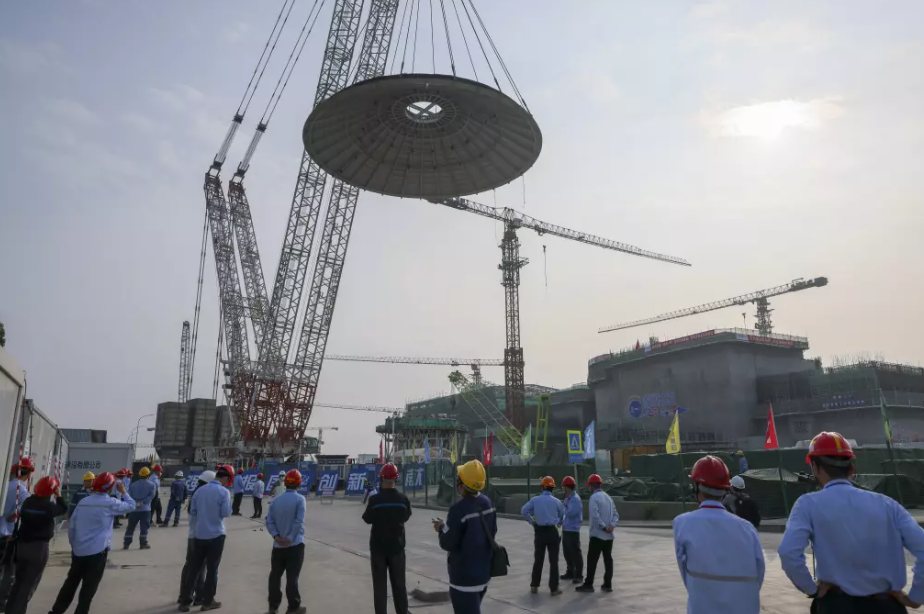
Small nuclear reactors are no fix for California’s energy needs
On Monday, the Natural Resources Committee of the California Assembly will consider a bill to repeal a longstanding moratorium on nuclear plants in the state, which was meant to be in place until there is a sustainable plan for what to do with radioactive waste. Defeated multiple times in the past, this bill would carve out an exception for small modular reactors, or SMRs, the current pipe dream of nuclear advocates.
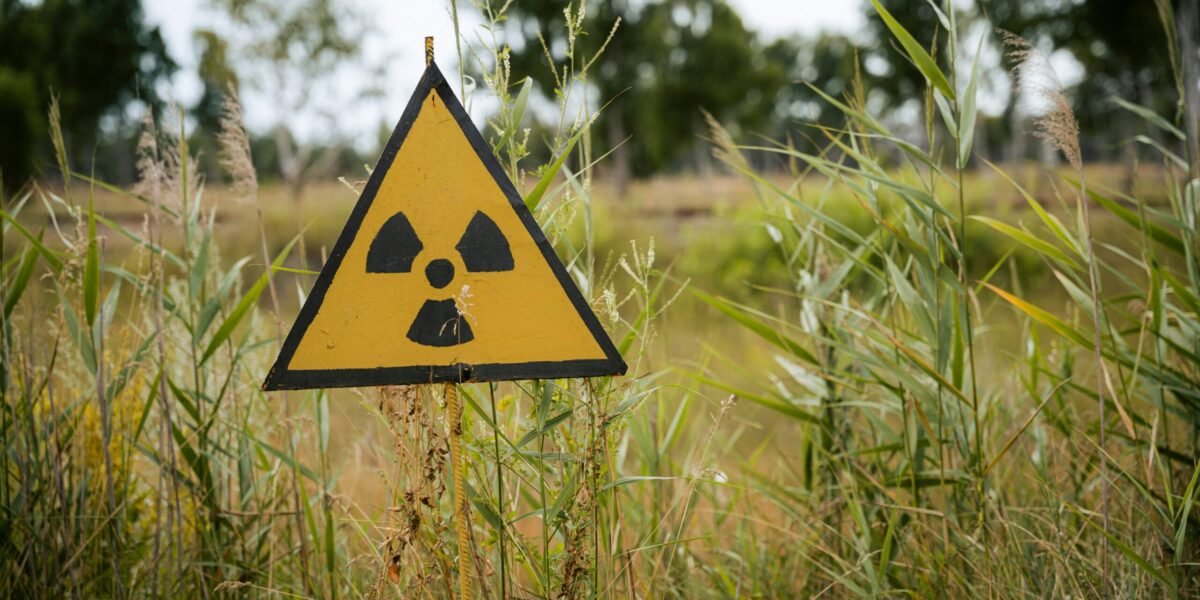
Burying radioactive nuclear waste poses enormous risks
The spent fuel will remain radioactive for hundreds of thousands of years, and contamination and leaks are possible during storage, containment, transportation and burial.

Rolling Stewardship of Nuclear Waste
Rolling Stewardship is not a solution to the radioactive waste problem, but an acknowledgement that we do not have a solution. Instead of assuming a solution exists, we should recognize that there is no proven solution.
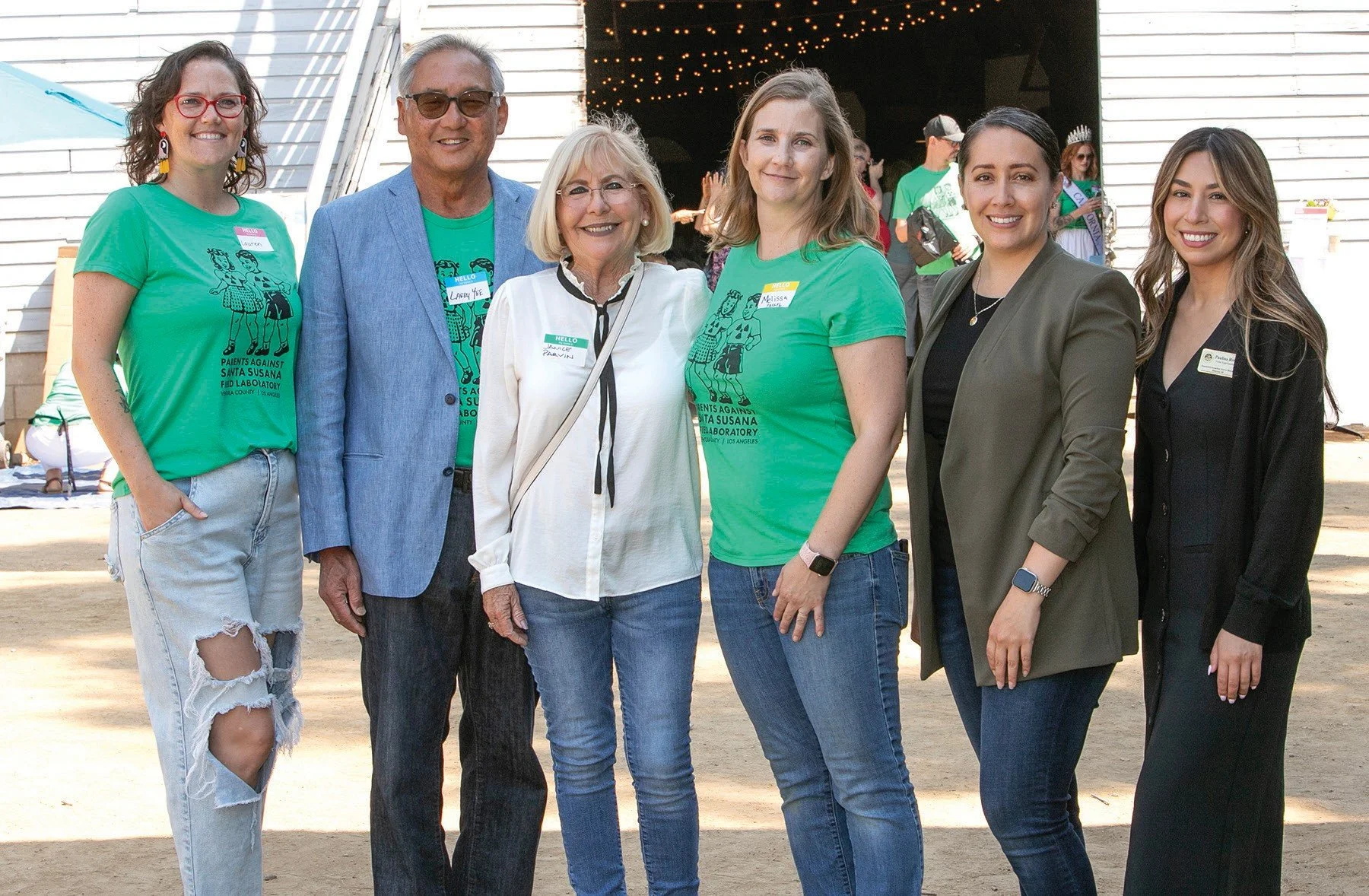
Citizens turn up heat on radiation-troubled field lab
Coinciding with the 65th anniversary of what they consider “one of America’s worst nuclear meltdowns,” Santa Susana Field Lab cleanup advocates hosted an “action assembly” at Strathearn Historic Park in Simi Valley July 13 hoping to get the Board of Supervisors of both Ventura and Los Angeles counties to file a lawsuit against state regulators in charge of cleaning up the site’s radioactive soil.

Groups renew calls to address radioactive contamination in food, water
Some organizations are renewing calls to address radioactive contamination in U.S. food and drinking water. The issue has gained prevalence in the past year, since Japan has started releasing treated and diluted radioactive wastewater into the Pacific Ocean from the major nuclear accident in Fukushima in 2011.

10 Reasons to Oppose Nuclear Energy
Green America is active in addressing the climate crisis by transitioning the US electricity mix away from its heavy emphasis on coal-fired and natural gas power. But all of that work will be wasted if we transition from fossil fuels to an equally dangerous source – nuclear energy.

Japan, US activists condemn secret transfer of nuclear waste to uranium mill near tribal lands
Environmentalists in the United States and anti-nuclear campaigners in Japan have united to condemn the secret transfer of around 136 tonnes of nuclear waste from research facilities in Japan to a uranium storage site in the US state of Utah.
